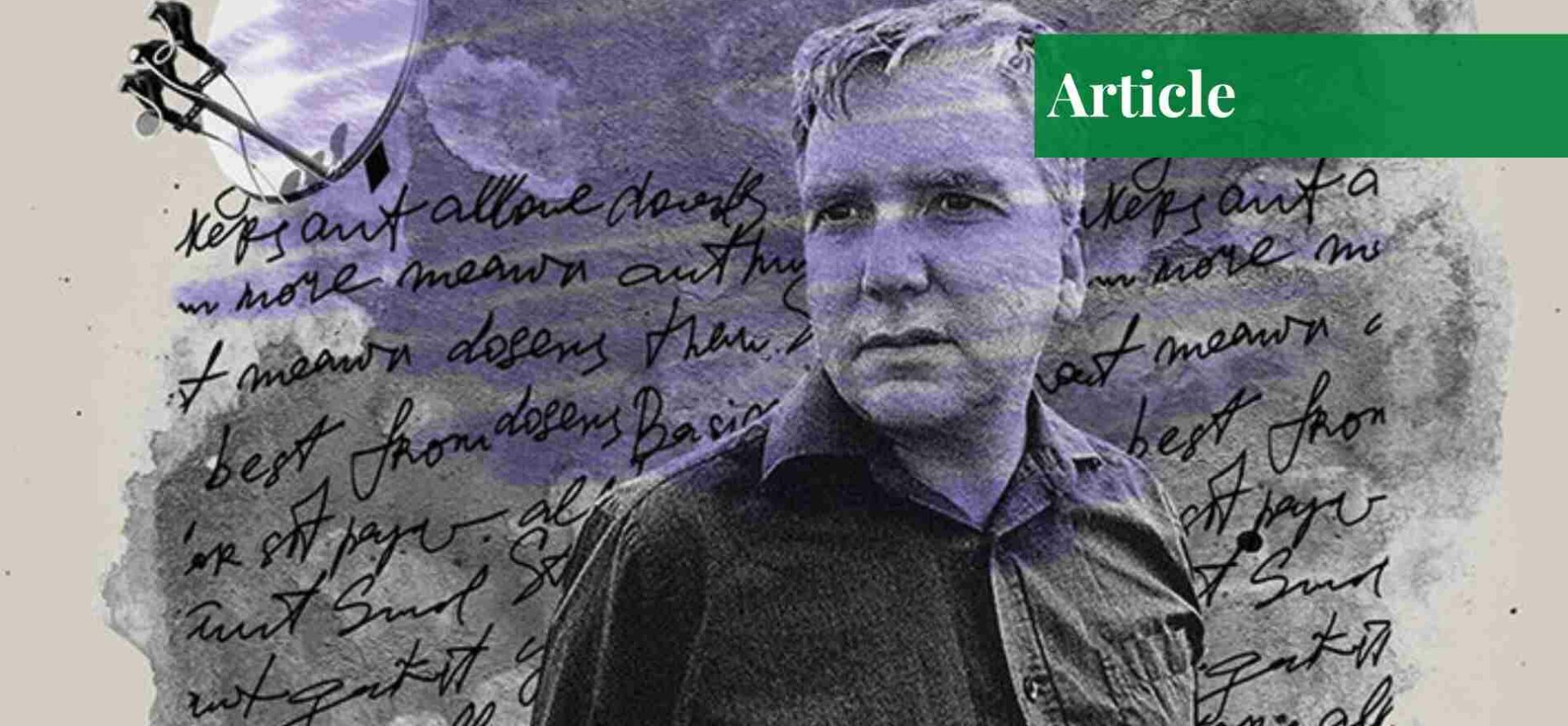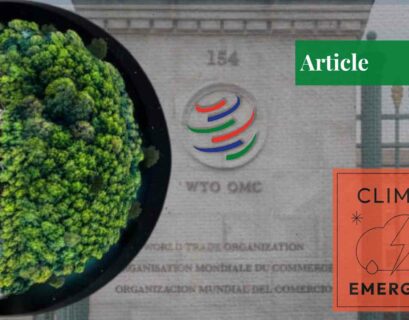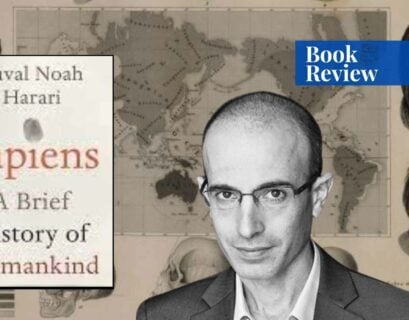Introduction
The late cultural theorist and professor Mark Fisher published a book in 2009 called “Capitalist Realism: Is There No Alternative?” Despite being a little philosophically dense, it became a hit among counter-cultures of that time, from philosophy bloggers to punk music hippies. What could explain the appeal of such a book to some of the most diverse set of people? Perhaps it had something common that they all felt relatable to. As the name of the book implies, it is a stance against capitalism’s absolute penetration into every sphere of our lives, a stance against the predominant condition of the contemporary world.
My goal in this article is to introduce the reader to the theoretical framework of Mark Fisher. This article was originally intended as a book review, but I pivoted the purpose of the article, thinking that explaining the concept to the reader is more important than giving a simplistic rundown of Fisher’s book.
What is Capitalist Realism?
Before we get into capitalist realism, let’s run a little thought experiment. Ask yourself how you’d judge the “worth” or “value” of something. If you’re anything like most people (including myself), the answer is probably monetary worth. We may have different cultural backgrounds or different religious affiliations, but the answer to it will not be in cultural or religious terms. The answer would be “capitalistic.” This is what Karl Marx originally thought of the impending dangers of capitalism: that everything would be evaluated by the “attributes of a commodity,” which include things like its money price or its exchange value.
The essence or intrinsic value of the thing seems to disappear, especially when there is a huge abundance of commodities, as is the case in current times. Expanding on the same Marxist thought, capitalist realism posits that such a mindset has settled itself so deeply into our psyches that things do not often present any intrinsic value to us, nor do they present any cultural or spiritual value.

First, we need to understand that the theory at hand combines traditional capitalistic theory with realism. This implies that the current world we live in is run by strictly utilitarian rules, and the goal of profit maximization often rules supreme in most decisions. Governments are quite easily the handmaidens of larger corporations, which know no geopolitical boundaries. The pressure of running the economy of a state overshadows the need to run a state based on any proper ideology. Thus, the corporate realm is the biggest force that moves everything today.
Corporate decisions, product purchases, urban planning, educational curricula, and everything that builds the infrastructure of our society today are executed through the same mindset discussed above. One would rarely encounter any discussion about the social impact, the environmental costs, or the inherent exploitation of labor and resources in such things. Even when these issues do come up, they are mostly given lip service, relegated to the intellectual exercises of “think tanks” and academia, or packaged neatly in any corporation’s “branding,” which is nothing more than virtue signaling.
The Capitalist Education System
The education system, for example, churns out graduates at a pace that cannot be accommodated by the current job market anywhere in the world. More than half of fresh graduates in America work in jobs that don’t even require a college education. This can be easily attributed to the fact that the education sector is mostly for-profit, and the student body is used as a means to maximize profits.
Nobody is at the helm of deciding how the workforce should be prepared appropriately and what the accurate intake of students should be every year. What makes it worse is the unclear role that educational institutes have in our society. Are the students consumers of their service or products made by them?
Wars: An Economy
The effects of the same capitalistic thinking go well beyond that case of national education and also extend to graver things such as wars and genocide. The “military-industrial complex” (MIC) is another great example. The MIC is a phenomenon that can be traced back to the early 20th century, but it wasn’t until World War II that it truly took shape. Wars are an economy now; they are not fought on an ideological basis (where a communist country might fight a neo-liberal capitalist one) or on any religious basis (such as the times when Muslim and Christian empires went to war).
Wars are not waged just for the ruler’s wish for explicit control and pillaging (as was the case with Genghis Khan) or colonial desires (the British Empire, for instance). Wars are driven by the military-industrial complex, which in turn further bolsters the MIC’s existence. This is the epitome of what Marx had already noted in the Communist Manifesto.
“Capital has drowned the most heavenly ecstasies of religious fervour, of chivalrous enthusiasm, of Philistine sentimentalism, in the icy water of egotistical calculation. It has resolved personal worth into exchange value, and in place of numberless indefeasible chartered freedoms, it has set up that single, unconscionable freedom—free trade. In one word, for exploitation, veiled by religious and political illusions, it has substituted naked, shameless, direct, brutal exploitation.”Karl Marx in the “Communist Manifesto”
Therefore, brutality does not end in the current world; it just becomes more distant and systemic, as it’s easier to kill dozens via a remote drone strike than it is by slitting someone’s throat with a machete. The latter option sounds more horrifying, but the former is deadlier and has always resulted in more destruction.
The Convenience of Capitalism
To understand how this pervasive influence of capitalism came about, we need to take a look at recent history. Since the fall of the Berlin Wall in 1989, which effectively signaled the end of communism, capitalism has not had any true competitors. Therefore, it is somehow the “natural” state of the world right now. This is quite in line with Fukuyama’s idea of “The End of History.” Fukuyama noted that the fall of the Soviet Union marks the “end of history” as we know it.
With the rise of Western liberal democracy, the best system for freedom and self-government, future conflicts will shift from ideology to economics and technology, potentially leading to a less dramatic but potentially “boring” future. This is exactly how capitalist realism sees the world—a neo-liberal economic system that has replaced every other ideology as a dominant one. Today, the capitalist system is not just an economic system, rather it is a complete weltanschauung, a philosophy of life, that touches everything human or inhuman.
The universal commodification brought about by capitalism penetrates our collective sense of culture and art as well. Art has been more and more fused into the world of “content,” and cultural items no longer hold their original value; rather, they have become souvenirs to be displayed in a snobbish way. Older cultures, ideologies, and even religious items come back to life in the capitalist world as “aesthetic styles” and never in their true spirit.
You can design your house according to the delicate patterns of the Baroque era or decorate it with the beautifully intricate details of Islamic calligraphy, in either case, these are just aesthetics that are readily available to us thanks to free trade and an abundance of resources around the world. Despite having such items in our lives, we have little to no connection with what they actually signified.
Even older art forms can return, but only as styles instead of reflections of the era’s socio-cultural conditions. For example, in music, the early 1900s saw the rise of ragtime and jazz, symbolizing the spirit of innovation and freedom in the midst of rapid industrialization and social upheaval. Then, the mid-century brought forth the dominance of rock and roll, showing youthful rebellion and the quest for personal expression amidst post-war optimism and cultural shifts.
As the century progressed, genres like disco, punk, and hip-hop emerged, each carrying its own message of resistance, empowerment, or cultural commentary, reflecting the diversity and complexity of modern life. Interestingly, all of these genres are available to us now, but there is no specific new genre that symbolizes the current post-modern capitalistic condition. We do have “pop” music, but pop is simply a synonym for anything popular. If you take pop music to its logical extreme, you get the “hyperpop” genre, which is known for its brash melodies and earworm rhythms.
Mark Fisher notes that capitalism breeds a kind of passivity and inaction too. This is similar to Nietzsche’s idea of the “Last Man,” who had seen all and studied all, thus becoming actually unable to act for some good as his over-intellectualization and awareness of everything paralyzed him. The modern educated person is obscenely good at debating, writing opinion pieces, dressing well, and holding fancy business meetings.
It is precisely because of this lifestyle, that they are unable to engage in any swift or unconventional action that may rectify things. They enjoy the sweet comfort brought about by the fruits of global free trade, and it is exactly this comfort that renders them unable to participate in anything bigger than themselves. The whole domain of culture and lifestyle, too, has been penetrated by capitalist realism. The new culture is all about consumption and spectacle.
The Plight of the Flexible Worker
Talking of work and lifestyle, a very interesting phenomenon has been taking place in this decade, which I believe is highly related to the topic at hand, and that is the “gig economy” and the “flexible worker.” We are no longer living in times where a person went through linear training in a college or university to get placed in a stable job that he or she would continue probably for two decades, and promptly switch off their professional life at 5 in the evening every day.
We now live in times where people connect with other employers and employees around the clock in different time zones and continuously re-invent themselves by learning new marketable skills. Flexibility and connectivity are the hallmarks of the modern, or shall I say, post-modern, worker.
But it is due to the same supposed freedoms, that more and more of our lives and our energies are being devoted to working and learning just for the sake of working more. Instead of actually easing things and making lives stabler, the current capitalist system has introduced quite an anxious state of mind for the worker. Not to mention the ever-increasing problem of income inequality and relative poverty, which makes these matters worse.

Fisher has also touched upon the role of public relations and how the representation of work is actually more important than work itself in our current system. For example, presenting a good performance audit is more important than actual performance, and grades are more important than actual education.
He also critiques the “privatization of mental health,” where mental health is treated as a bio-chemical issue within the individual, rather than a holistic issue where the social mechanisms enabling such mental issues are also taken into account. Apart from this, there are also many other sub-themes and topics that can emerge out of the critical theory of capitalist realism, but I believe that they will go beyond the scope of this article.
Conclusion
I would urge the reader to see the world from a different critical angle and realize that what appears to be naturally given to us may be an ideological offense to our innate humanity, and the conditions we find ourselves in may not be the best ones for the flourishing of civilization. As the Slovenian philosopher Slavoj Zizek remarked:
“The minimum necessary structuring ingredient of every ideology is to distance itself from another ideology, to denounce its other as ideology.”
If you want to submit your articles and/or research papers, please check the Submissions page.
The views and opinions expressed in this article/paper are the author’s own and do not necessarily reflect the editorial position of Paradigm Shift.



















